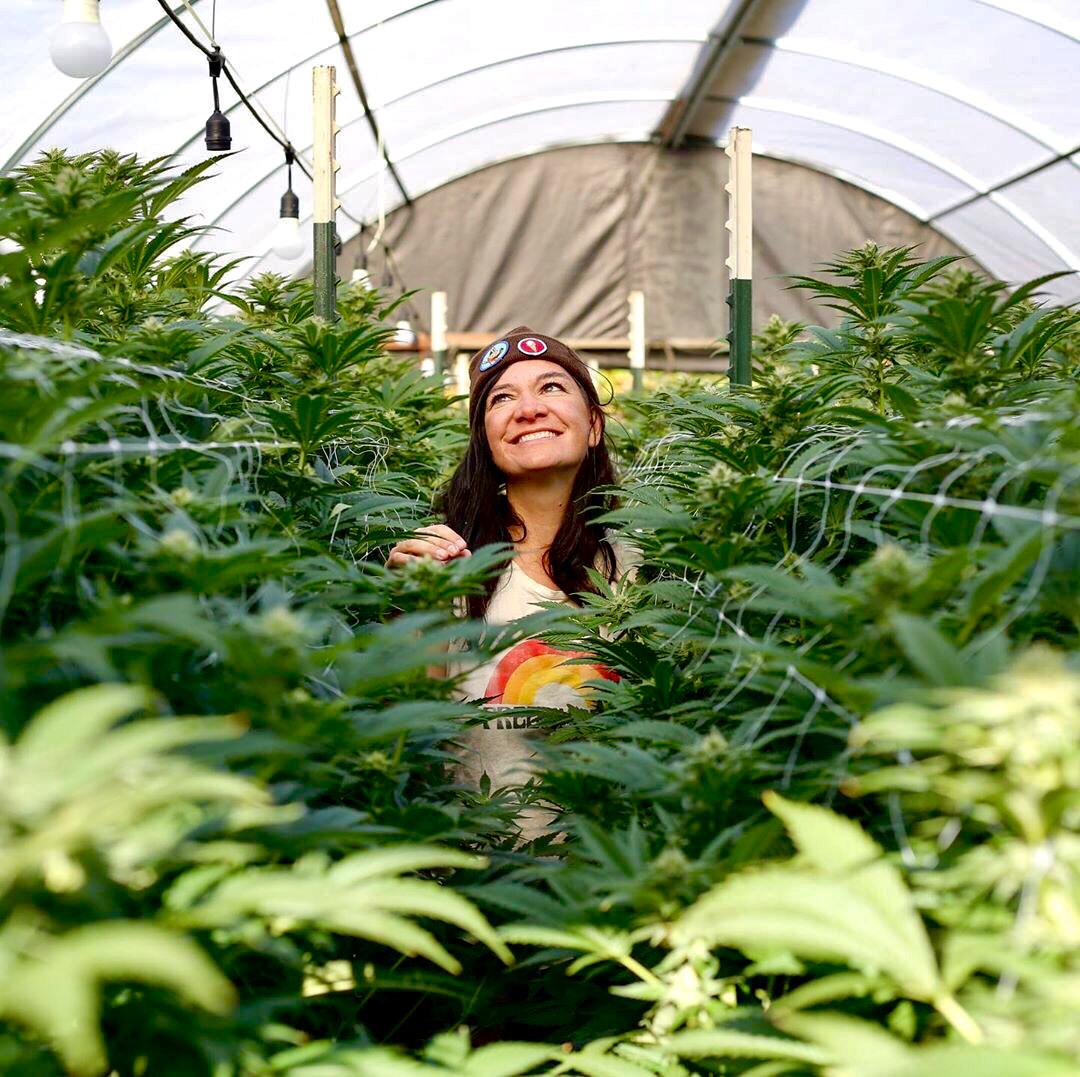Sustainable Hemp. The beauty of the environment is that it involves our entire existence. That's why we believe in protecting it, and sustainability is what drives the ecological community. So the way we produce our food, make money, have fun, move around and even the way we dress are all directly related to, influenced by and influenced by nature.
This simple idea, which today's societies seem to find so difficult to assimilate, was much clearer to many of the original peoples. One example is the Quechua people[1], who maintained a close relationship with the Pacha Mama[2], whose conception made an abusive relationship with the land or its fruits impossible. On the contrary, respect and gratitude reigned.
First and foremost, we believe that this respect must be taken up and reinforced by current scientific knowledge. To put it more clearly, when we accept that we are one of the many species on the face of the Earth, and that our actions significantly modify the conditions for life (ocean temperatures, greenhouse gases, acidity levels in the seas and even atmospheric precipitation), we realise that our lifestyle must change.
International Cannabis Day
That is why today, taking advantage of the attention generated by the celebration of International Cannabis Day, we believe it is appropriate to focus on the environmental aspect of this plant. It really is an ally in the fight against climate change and an important source of production with a sustainable approach. That is why our analysis will focus on the non-psychoactive variety of the plant[3], i.e. industrial hemp, not cannabis used for medicinal or recreational purposes.
We should be very clear about this, as the close link between these plant varieties is what initially led to the persecution and outlawing of hemp. However, it is important to put preconceptions aside when analysing this crop as an environmentally beneficial alternative.
The truth of the matter is that:
"Hemp is a fast-growing plant from which everything can be used for a wide variety of useful purposes. From the stalk, fibres are obtained that are used as fabrics, ropes or reinforcements. From the seeds an oil can be extracted that can be used for an infinite number of applications, from food to cosmetics, and even fuels or plastics, and can effectively replace petroleum" (López-Aguilar, 2020). (López-Aguilar, 2020)
In other words, hemp represents an option for a host of industrial alternatives, being more environmentally friendly than its alternatives. It is worth highlighting the construction and textile sectors as two areas that could greatly benefit from a paradigm shift in this regard, as they are two of the most polluting sectors at present. In fact, taking up the aspect of millenary wisdom, there are records of hemp cultivation from approximately 4,000 years ago in ancient China (López-Aguilar, 2020).
SustainableHemp?
But why do we argue that hemp is a sustainable alternative? Let's look at some facts and comparisons with traditional options:
- One hectare of hemp produces 2000kg of textile fibre, compared to 400kg for cotton.
- Similarly, one hectare of hemp is capable of producing 4 times more paper than would be produced from trees. To this must be added a much more efficient (manufacturing) process, all without taking into account the growth time of the trees (decades) as opposed to the 6 months of hemp.
- All waste from its production is biodegradable, in addition to the fact that every part of the plant is used.
- Even from an economic point of view, it represents a low-cost, high-productivity alternative, which would be a powerful means of inclusion for disadvantaged communities. In fact, its cultivation in Spain is already subsidised. (Hay Eco, 2017)
Another issue, which deserves a separate mention, turns out to be hemp's impressive ability to combat greenhouse gases, as it "retains CO2 from the atmosphere with its rapid growth and reduces CO2 emissions: hemp uses the sun's energy to convert atmospheric CO2 into hydrocarbons and water." (Ibañez, 2019)
Rediscovering
In short, hemp has been with mankind since time immemorial and has always contributed to social development, due to its role as a universal raw material. For political reasons, which we are not discussing here, it was stigmatised and its use was discontinued in many parts of the world. However, we are now rediscovering its properties and benefits, so it is demanding more and more attention.
What is your opinion, do you think hemp should be considered as an industrial option to combat climate change? Let us know in the comments section and encourage discussion on the important topic of Sustainable Hemp.
[1] Reference is often made to the Incas to refer to this Andean civilisation, but it is more appropriate to call them Quechua. The Inca, as such, was their ruler and supreme leader, while the name Quechua refers to the population in general.
[2] In Quechua, "Pacha" means universe, world, time, earth; while "Mama" refers to mother.
[3] The limit for defining this is usually set at 4% THC content, which is the substance responsible for the effects sought by recreational use of the plant. This means that industrial hemp must have less than this percentage to be considered as such.



